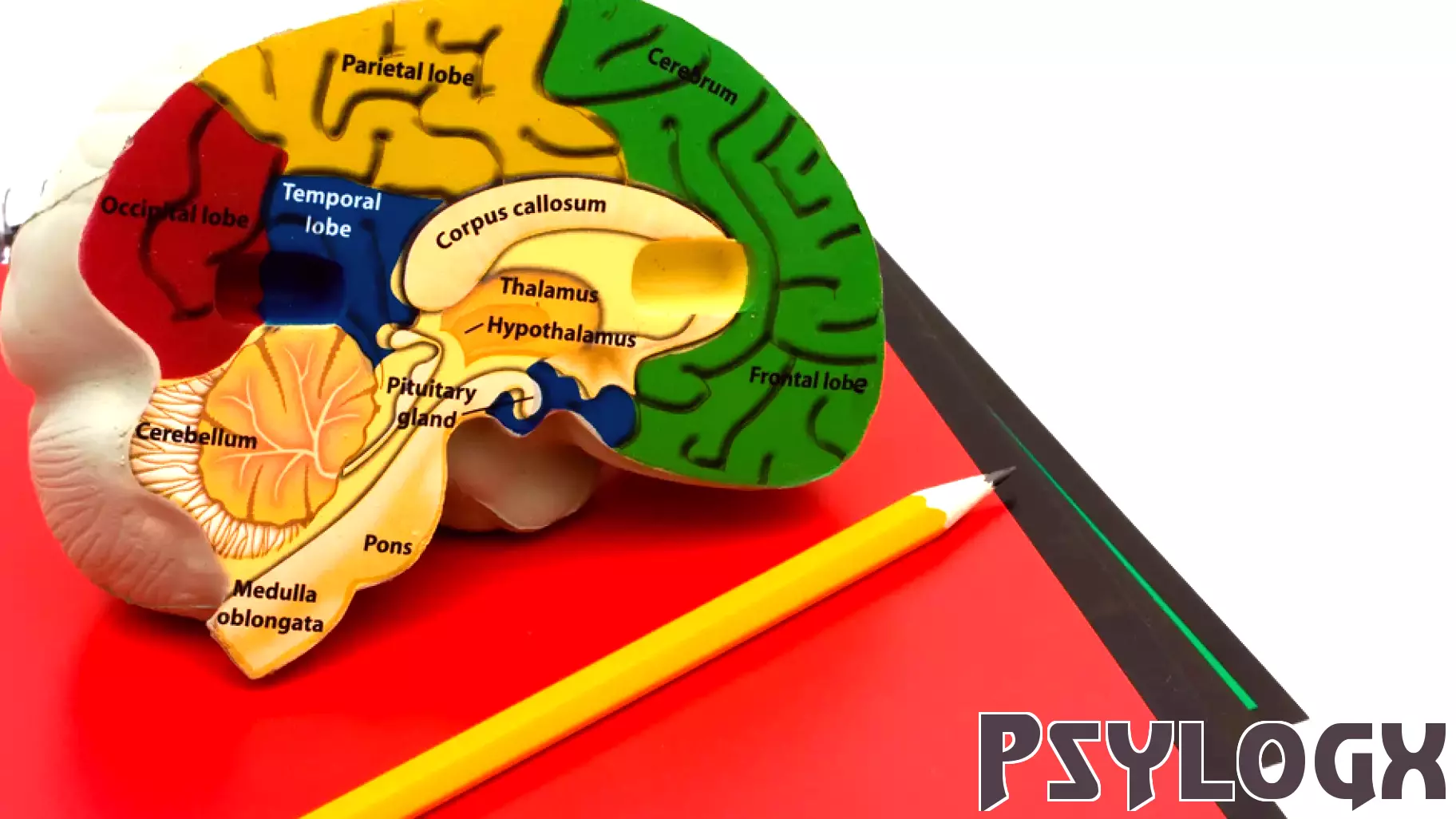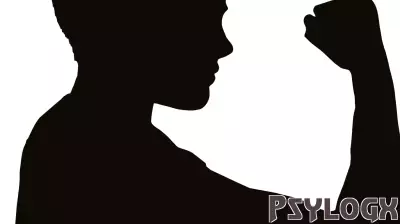March 27, 2025 - 17:34

Critics argue that prevailing psychological frameworks in education often mask the underlying issues of structural racism and inequality. These dominant models tend to emphasize individual deficits rather than acknowledging systemic barriers that disproportionately affect marginalized students. By focusing on perceived shortcomings of students, such as behavioral issues or learning disabilities, these psychological approaches can inadvertently reinforce negative stereotypes and justify unequal treatment within the educational system.
As a result, students from minority backgrounds may be unfairly labeled and subjected to lower expectations, which can hinder their academic progress and self-esteem. This perspective overlooks the broader societal factors that contribute to educational disparities, such as socioeconomic status, access to resources, and institutional biases.
Advocates for change emphasize the need for a shift in focus toward understanding the structural influences on education. By recognizing and addressing these systemic issues, educators can create a more equitable learning environment that supports all students, regardless of their background.



